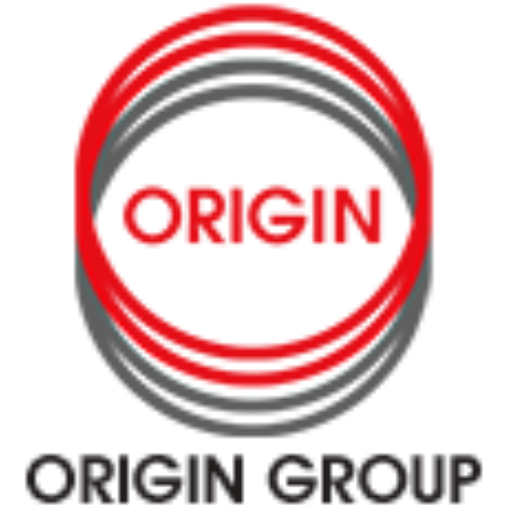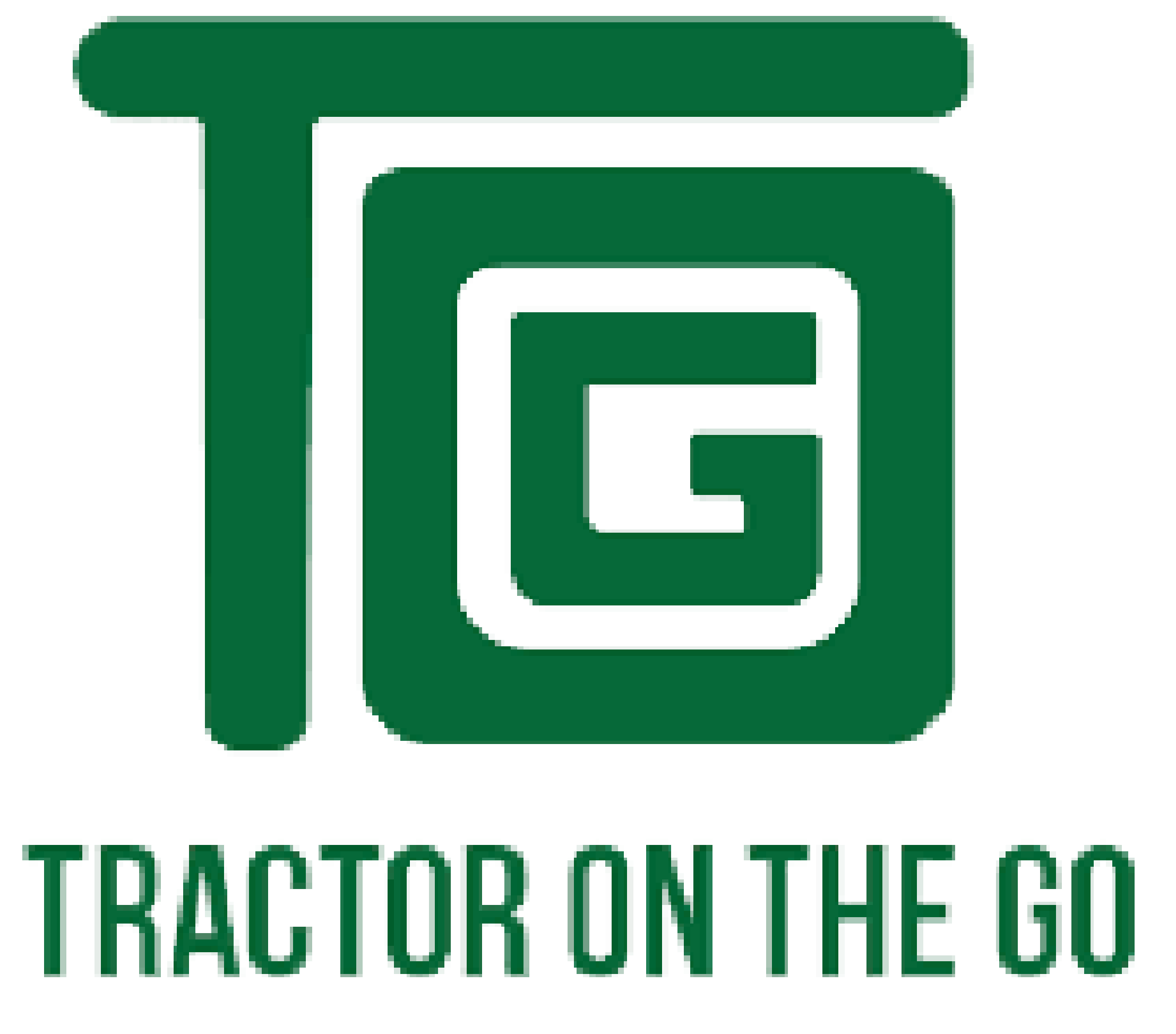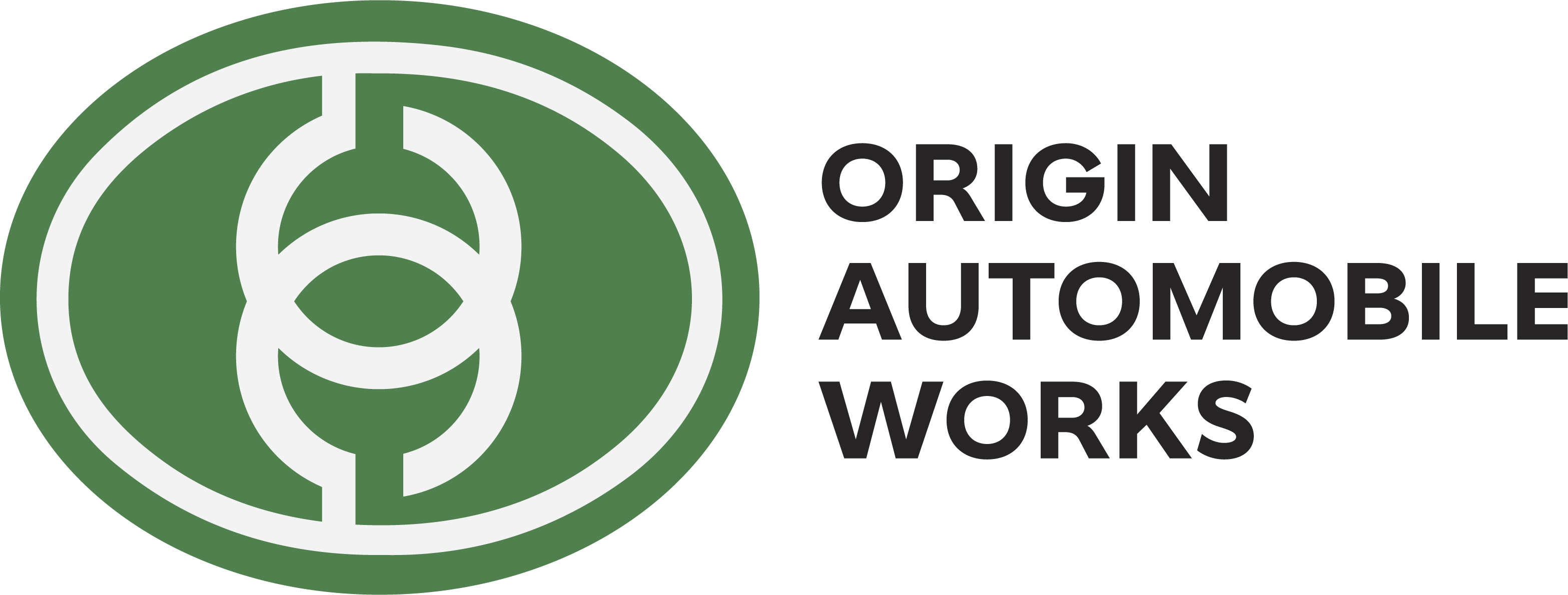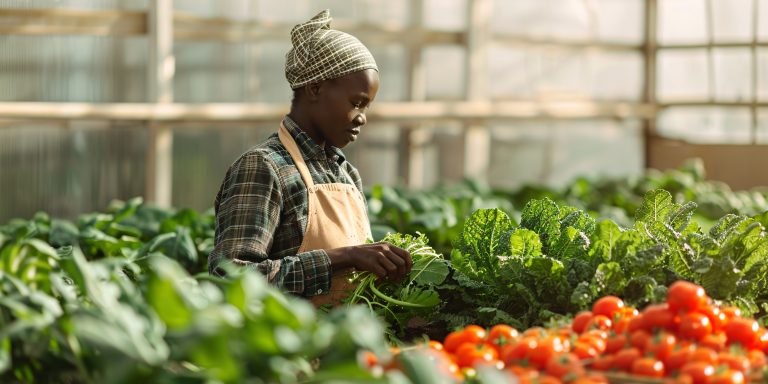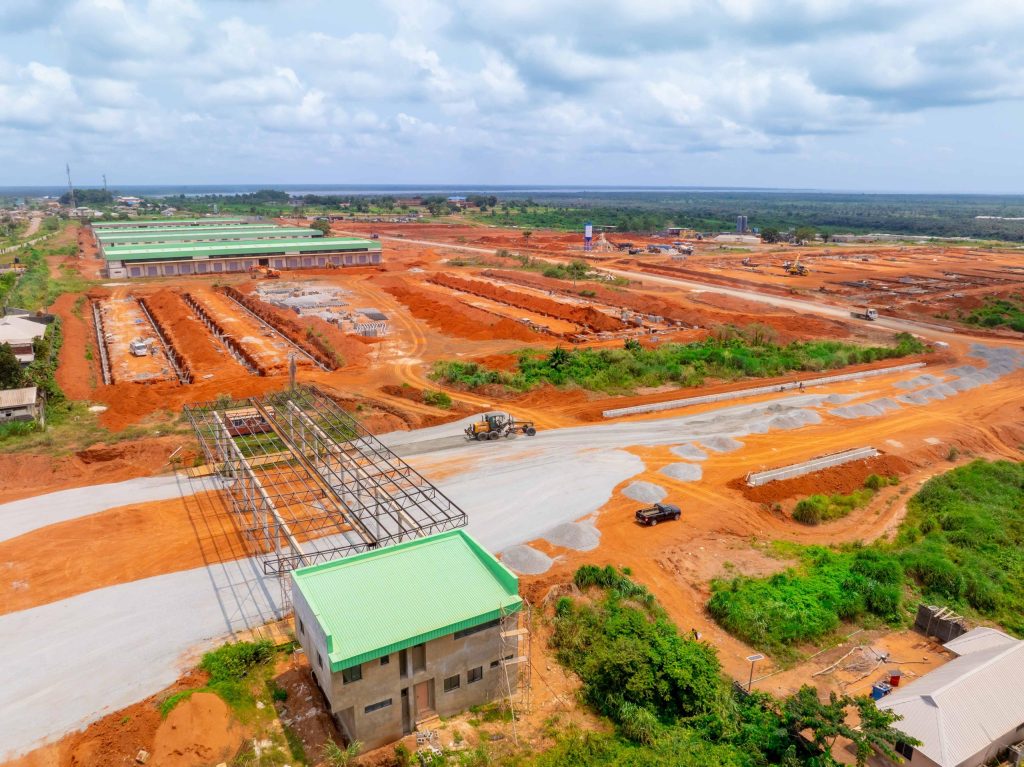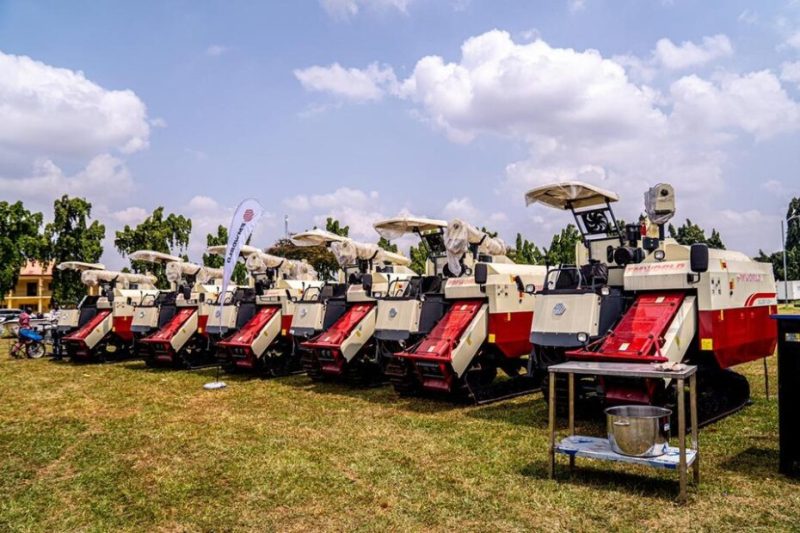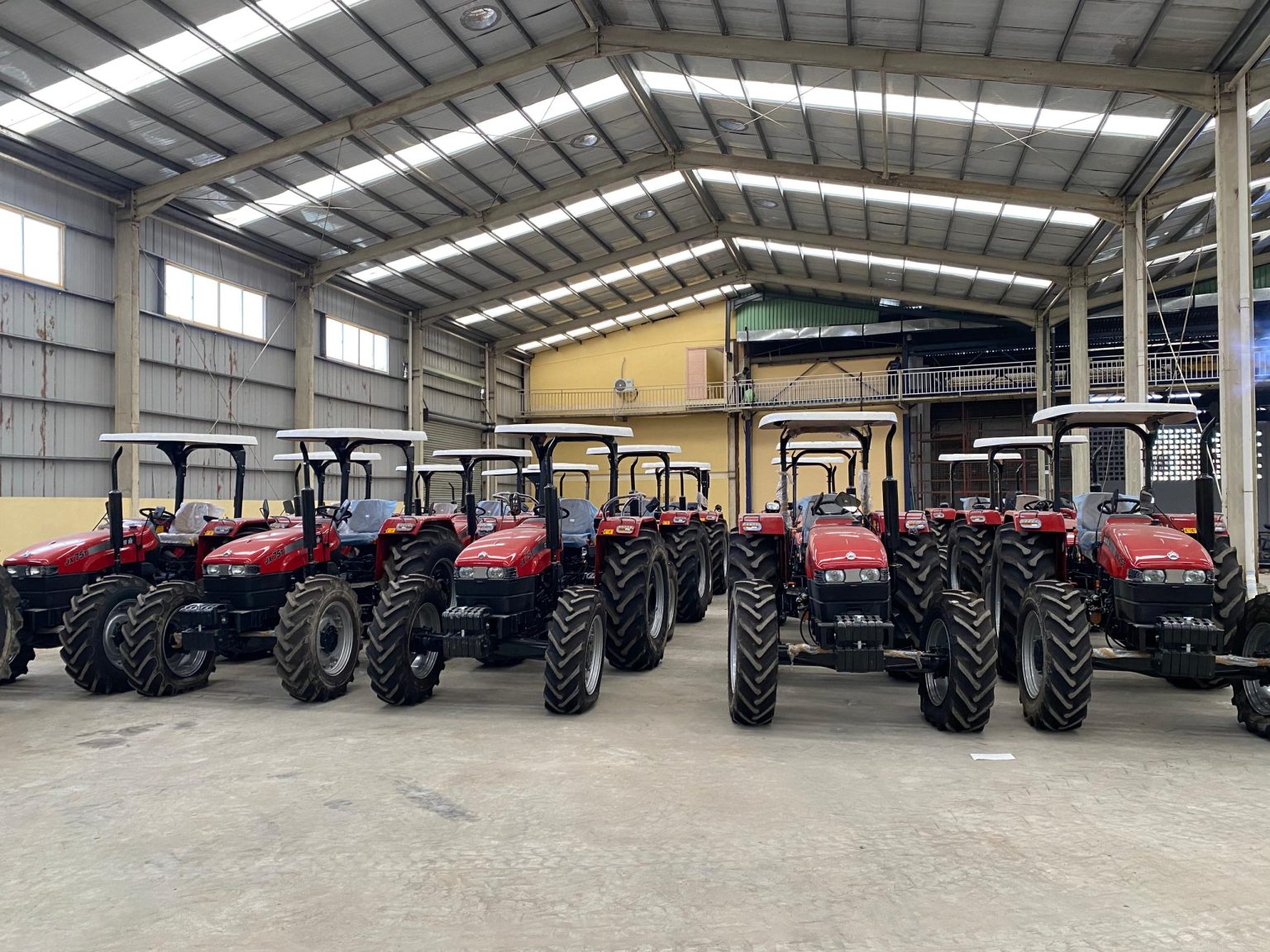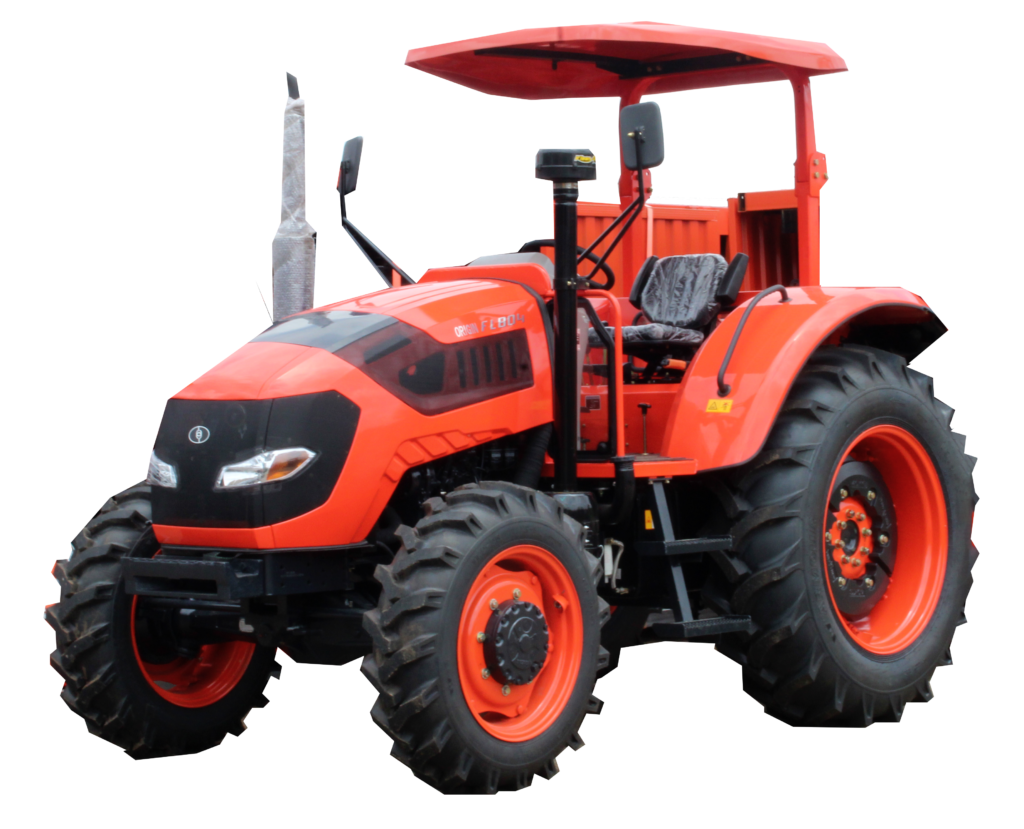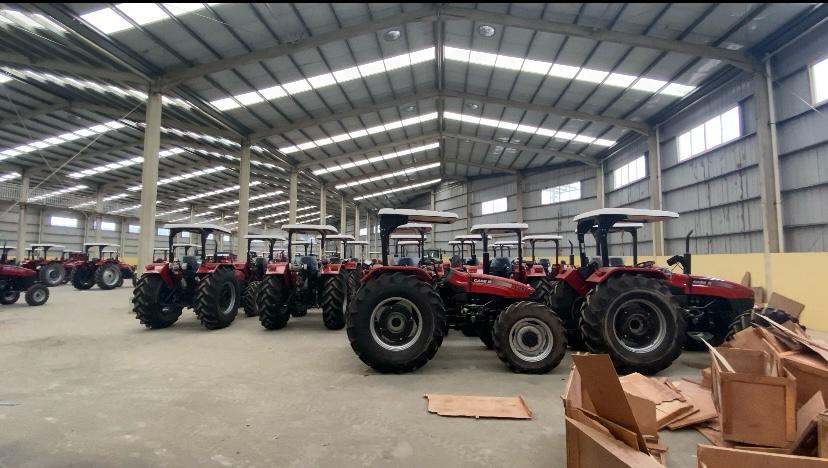Tractorize Nigeria
Tractorize Nigeria is strategically targeted at providing mechanization to smallholder farmers in Nigeria.
Since poverty is a predominant factor among smallholder farmers who work very hard yet are very poor, due to the fact that most of their potential income are lost to factors directly related to low mechanization or poor access to tractors.
Project Background
Available statistics in the country shows that 80% of farmland cultivation in Nigeria is carried out by smallholder farmers but It is painful to note that while 85% of fresh vegetable, 70% of animal protein, 90% of tuber and 70% of crops sold in most parts of Nigeria are derived from the activities of these resource poor smallholder farmers, almost all aspects of these smallholder farmers’ production processes are limited to crude methodologies (that is, complete reliance on human drudgery, poor quality inputs, seasonality and/or improper harvesting, poor storage and transportation/logistics systems).
Incidentally, government data (National Bureau of Statistics) indicates that out of a population of 192 million people; 52.22% live in rural areas and of this figure, 52% depends on agriculture as the primary sources of livelihood. Yet, 52.8% of Nigerians live below the poverty line and 22.45 million youths are jobless.
When you juxtapose 52.22% rural dwellers against the 52.8% of people living within poverty line, you can easily conclude that unemployment and poverty are two key attributes of rural Nigeria.
We strongly believe that “alleviating the suffering of smallholder farmers will have notable significant effects in eradicating poverty, facilitating job creation, enhancing food security and promoting national development.” From data, available tractor units currently in Nigeria falls short of the required minimum level by more than 80% and must be urgently improved upon if agricultural development initiatives across the country are to be sustained.
Project Vision
Our aim is to ensure every farmer can access mechanization tools to increase productivity and quadruple their return on investment(ROI) on existing land holding.
Project Mission
Tractorize Nigeria is specifically designed to empower the youths with requisite training with mentorship to own and successfully manage tractors and related machinery.
